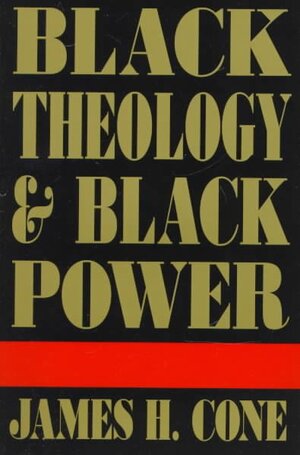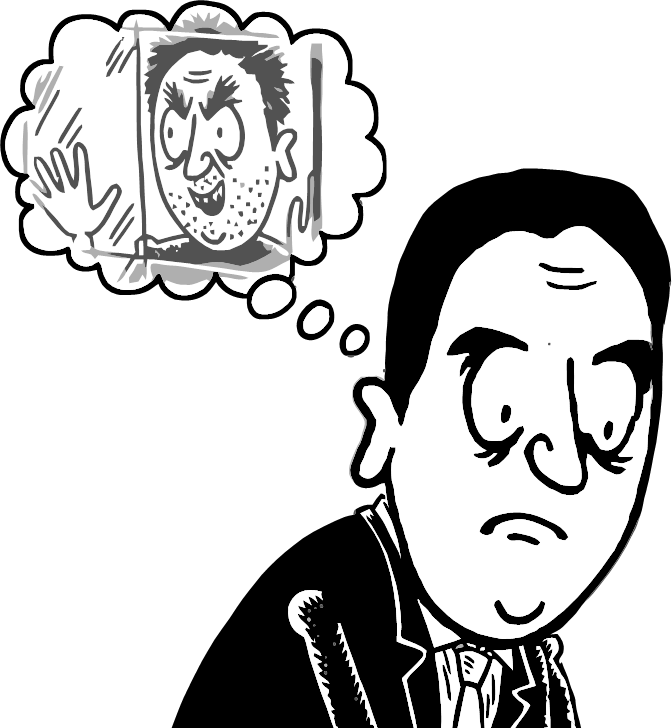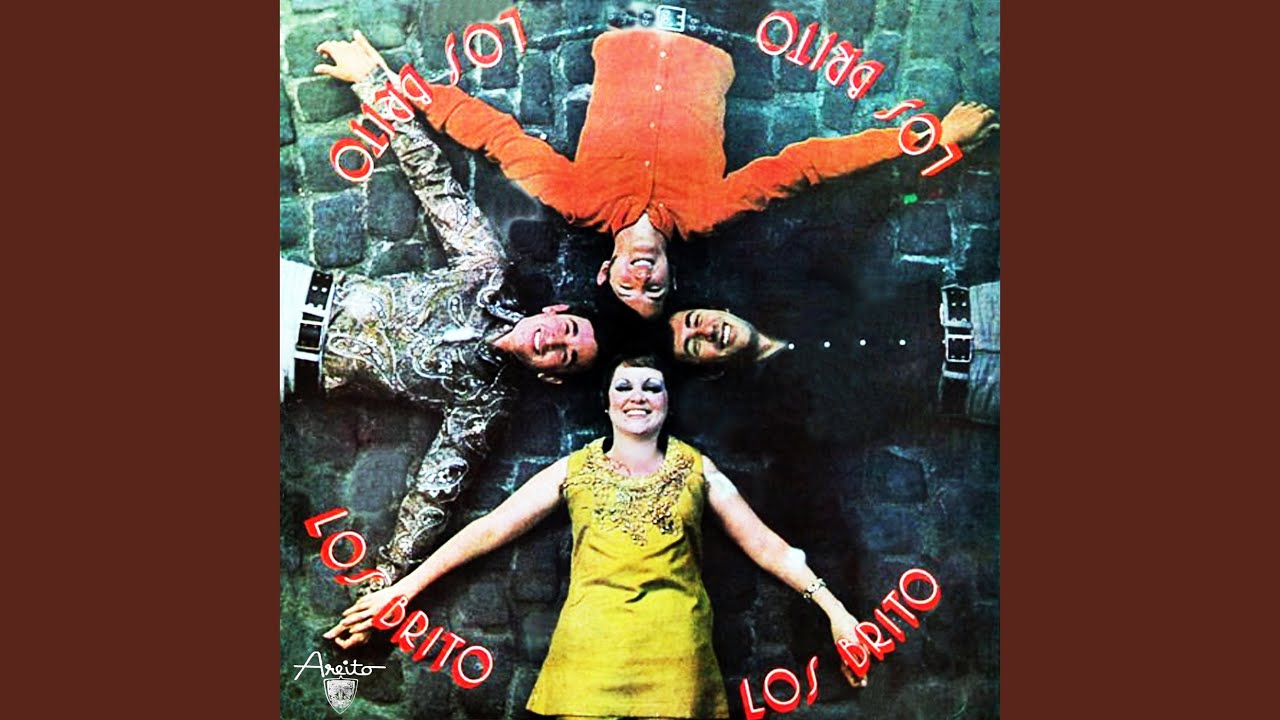JamesConeZone [they/them]
- 106 Posts
- 5.58K Comments

 ·3 months ago
·3 months ago9 suffering from anxiety
Imagine reporting this about a fucking genocidal power. How do you think the Palestinians have been feeling for the past 3/4 of a century when their house could, at any moment, be seized or their lives ended because they looked at someone wrong? Jesus fucking Christ

 ·3 months ago
·3 months agoBeen laughing about this for the past three hours, thank you

 ·3 months ago
·3 months agothe Nazi is a chaser
Many such cases

 ·4 months ago
·4 months agoSeeing Hildegard as the mega topic made me legitimately soy face, an absolute icon

 ·4 months ago
·4 months agoAccording to the former president's campaign, Trump is “safe”.

when vidya has no booba because of woke
even a blind hog can find an acorn every once in a while
The outdoor cat struggle session lives on

 ·4 months ago
·4 months agoCriticism is all about me! I don't want to hear how nuanced I have to be, I just want to consoooooooom

 ·4 months ago
·4 months agohis history as a human trafficker
 what the fuck
what the fuck










The young hopeful electoralism dem to Sinwar fan pipeline is real